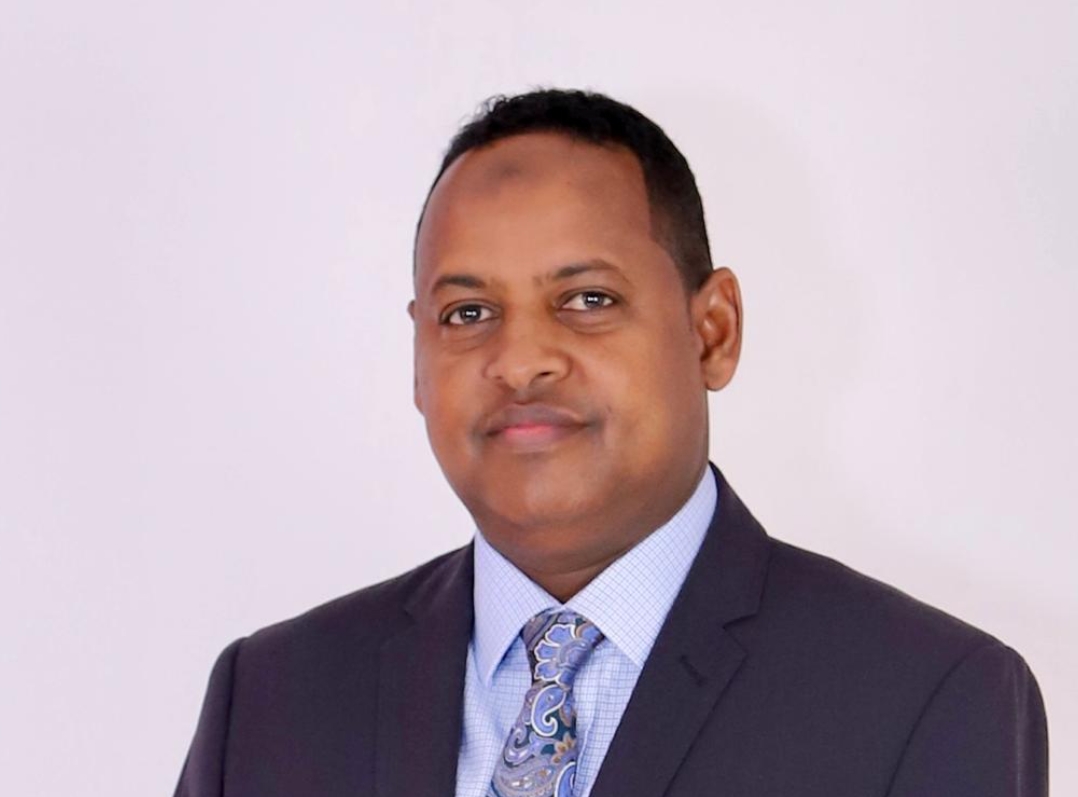
 Hon Mustafa Abdirashid, MCA for Iftin ward and Deputy Speaker Garissa County Assembly./COURTESY
Hon Mustafa Abdirashid, MCA for Iftin ward and Deputy Speaker Garissa County Assembly./COURTESY
In Northern Kenya today, politics is no longer just a career path, it has become a collective dream, a cultural identity, and, sadly, a dangerous distraction.
An obsession that eclipse service, innovation and development.
From dusty towns to pastoral outposts, the air is thick with political rhetoric.
Everyone seems to be either campaigning, preparing to campaign, or advising someone who is.
From teenagers barely out of school to elders in their twilight years, political ambition runs deep across every generation and gender.
But while this may seem like civic enthusiasm on the surface, a closer look reveals a troubling pattern: politics has become the only dream that matters. And in chasing it so relentlessly, we risk undermining the very development and dignity that leadership is supposed to deliver.
This phenomenon is rooted in our history.
For decades, Northern Kenya has lived at the fringes of state attention; neglected, underdeveloped, and politically misunderstood.
From colonial policies that labeled us as “closed districts” to post-independence marginalisation, our communities have had to fight for recognition and resources.
In this context, politics emerged not just as a means to power, but as a form of protest, a way to claim space in a country that often overlooked us.
That struggle was necessary. It gave rise to bold voices who championed inclusion, justice, and basic service delivery. But somewhere along the line, the hunger for representation turned into a scramble for positions.
Politics ceased being a tool for development and became an end in itself.
Today, it is not unusual to find five or six aspiring candidates from the same village gunning for a single ward seat.
University students discuss strategy more than studies. Young people spend more time attending rallies than technical trainings.
Communities hold endless meetings not to discuss roads, water, or schools but to endorse the next aspirant.
In some counties, entire budgets are held hostage by pre-election alignments or post-election vendettas.
What is worse, politics is no longer seen as a responsibility. It is seen as a reward.
A shortcut to wealth, fame, and immunity. In a region with limited employment and low industrialisation, politics has filled the void that education, enterprise, and innovation should occupy.
Those who get elected are celebrated more than doctors, engineers, or teachers.
Children grow up seeing political leaders living large, while professionals toil silently.
Naturally, the message is absorbed: if you want success, forget science, go into politics.
This is not only unsustainable, it is dangerous.
When politics becomes the only dream, other vital sectors suffer. Our brightest minds abandon entrepreneurship. Innovators shelve their ideas to join campaign teams.
Local professionals are lured into political loyalty networks instead of independent service.
The result is a hollowing out of our talent base. We end up with too many leaders and too few builders.
Moreover, the quality of leadership itself suffers. In a crowded political field, where every family fields a candidate and every clan wants a seat at the table, merit takes a back seat.
Campaigns become cash contests. Influence outweighs integrity. Leadership becomes about survival, not service.
This culture also breeds endless conflict. Elections are deeply divisive.
Clan rivalries are inflamed. Social media becomes a battleground of insults and propaganda.
Young people, instead of uniting around ideas, turn into foot soldiers for rival camps.
The dream of politics slowly poisons the fabric of society.
So how do we change course?
1. We must radically redefine what leadership means. We must stop equating leadership with elected office.
Real leadership is found in classrooms, health centers, farms, startups, and civil society. It’s the teacher shaping young minds, the doctor saving lives in remote dispensaries, the woman running a small business, and the youth organizing a clean-up drive. These are the people holding our communities together, often with no title or recognition.
2. We must provide visible alternatives to politics. This means investing in the creative economy, ICT, agriculture, trade, and technical skills.
We need to create success stories of people who made it without ever holding office.
Let the youth see that they can build apps, businesses, and ideas that transform lives, and that they don’t need a political slogan to be powerful.
3. We need serious civic education. Our people must understand that governance is not just about elections.
It’s about participation, accountability, and service delivery.
Citizens must begin to ask the hard questions: What did the last leader do? Where did the funds go? What’s the plan for health, education, and infrastructure? When people are informed, they demand better and vote better.
4. Our communities must begin to reward substance over noise. The era of clapping for every politician just because they brought sugar and soap should end.
Let’s elevate the conversation. Let’s judge candidates by their ideas, track records, and vision not their clan or cash.
Northern Kenya is rich in potential. We have a youthful population, vast resources, and a growing hunger for change. But we must break the illusion that politics is the only path to purpose.
Otherwise, we will continue recycling disappointment, while the rest of the country and the world moves on.
In the end, politics is important. But it is not everything.
When politics becomes the only dream, we risk turning a historically vibrant region into a theatre of unending campaigns and stunted progress.
It’s time to dream bigger. And differently.
The author is the MCA for Iftin ward and Deputy Speaker Garissa County Aasembly. A columnist and A playwright.














